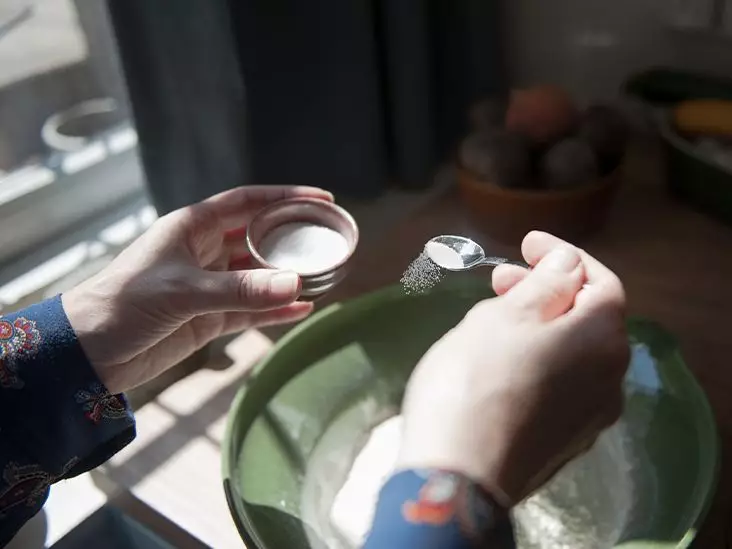Coptic salt, a key element in Traditional Chinese Medicine (TCM), has emerged as a subject of intrigue for both herbalists and those exploring alternative remedies. Despite its name, Coptic salt is quite distinct from the common kitchen salts that people use in daily cooking. Originating from the plant Coptis chinensis, commonly known as Chinese goldthread, this herbal supplement is believed to confer various health benefits, particularly concerning its potential role in managing type 2 diabetes mellitus (T2DM). The suggestion that it may possess antidiabetic properties has sparked interest, yet thorough scientific investigations remain relatively scarce.
At the core of Coptic salt’s proposed benefits lies the compound berberine chloride, which has exhibited properties possibly impactful on blood sugar regulation. Berberine, an isoquinoline alkaloid, is recognized for its capacity to reduce blood sugar levels, making it potentially valuable for individuals managing T2DM. Some anecdotal evidence suggests that berberine’s mechanism could mirror that of established treatments such as metformin, a standard medication prescribed for diabetes management.
Clinical studies have begun to explore these notions, with a systematic review from 2022 indicating that Coptic salt could indeed lower A1C levels, a critical marker for blood glucose control. However, despite these promising findings, it is clear that the breadth of scientific inquiry into Coptic salt remains limited and that definitive conclusions cannot yet be drawn.
The potential benefits of berberine extend beyond blood sugar management. Research indicates it may exhibit anti-inflammatory and antilipidemic effects, which means it could help reduce the buildup of fats in the bloodstream. These characteristics highlight its broader relevance to cardiovascular health, making it a nuanced contender in the conversation around metabolic health.
Additionally, Coptic salt may offer some degree of gastrointestinal relief, managing conditions like diarrhea. Preliminary discussions also suggest anticancer properties and a role in lowering high blood pressure. However, it is crucial to approach these claims with caution, as many studies underpinning these assertions have methodological limitations.
While the exploration of Coptic salt and berberine’s properties is compelling, it is vital to underscore the importance of holistic health management. Type 2 diabetes is a complex condition that is best addressed through a multi-faceted approach. Lifestyle changes such as diet modification, physical activity, and weight management should be seen as central components of diabetes care. Relying solely on herbal supplements without integrating these elements can lead to inadequate management of the condition.
This dynamic interplay between modern medicine and traditional remedies forms a critical discussion point within both communities. Healthcare practitioners often emphasize that while supplements like Coptic salt may provide adjunctive benefits, they should not replace conventional treatments unless guided by a qualified professional.
A notable area of concern regarding Coptic salt and its primary compound, berberine, is the lack of comprehensive safety data and dosage guidelines. Preliminary TCM recommendations range from 5 to 30 grams of Coptis chinensis, while some studies suggest dosing berberine at 500 mg two to three times a day for effective blood sugar management. Despite these preliminary guidelines, individuals must consult healthcare professionals before initiating any supplement regimen to mitigate potential risks and side effects, which can include gastrointestinal distress among other reactions.
The issue of drug interactions is also critical, as herbal supplements can interact adversely with prescribed medications, posing risks that underscore the need for medical supervision.
Coptic salt stands at the intersection of traditional herbal medicine and contemporary health discourse. The emerging evidence suggesting its potential benefits in managing T2DM through mechanisms related to berberine is encouraging but still underexplored. As individuals seek alternative strategies for health optimization, Coptic salt emerges as a noteworthy consideration, albeit one that should be navigated with caution. Ultimately, the journey towards managing diabetes effectively encompasses a broad array of lifestyle choices, pharmaceutical interventions, and an informed approach to any supplemental remedies. Further research is essential to substantiate the claims around Coptic salt and to clarify its role in modern therapeutic practices.

